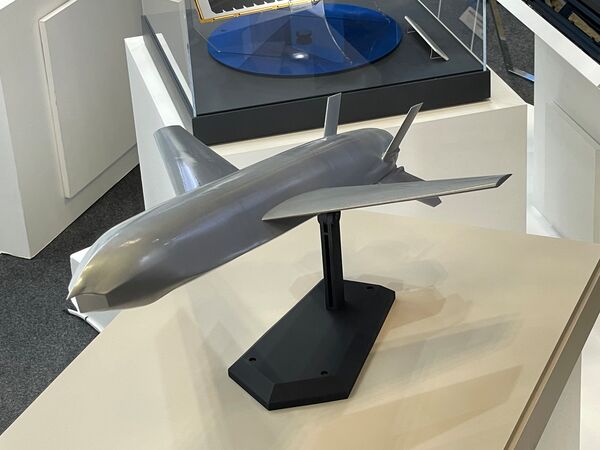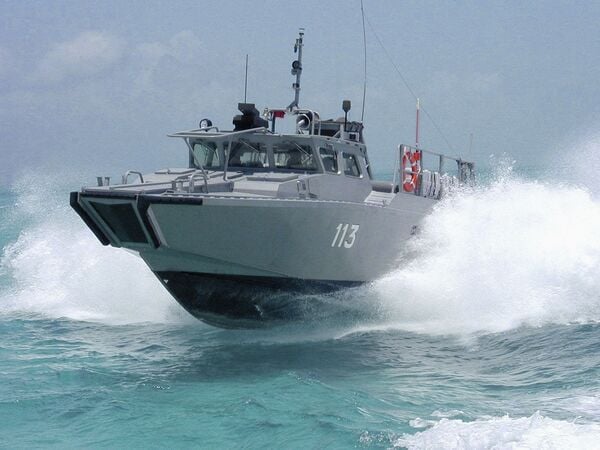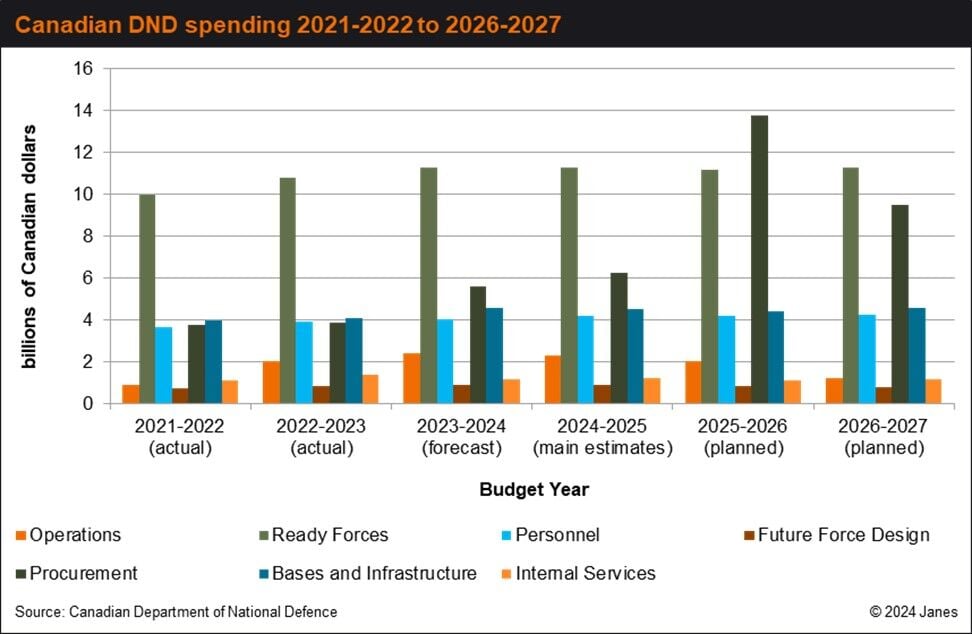- About
- Intara
- Capabilities
- Advisory
- Resources
- News
- Store
Japan progresses anti-ship and hypersonic missile programmes
08 June 2023
by Kapil Kajal


Japan's MoD has signed contracts with MHI to research hypersonic weapons and signed a contract with KHI to research new anti-ship missiles, an example of which is seen here on display at the DSEI Japan 2023 show. (Janes/Jon Grevatt)
Japan's Ministry of Defense (MoD) has signed contracts with Mitsubishi Heavy Industries (MHI) and Kawasaki Heavy Industries (KHI) to research and develop anti-ship and hypersonic missiles, according to an MoD press release on 6 June.
The MoD signed three contracts with MHI, which include hypersonic weapons research and the development of an upgraded Hyper Velocity Gliding Projectile (HVGP) and target observation rounds.
An MoD spokesperson told Janes that the country has allocated JPY200.3 billion (USD1.4 billion) to develop an upgraded HVGP with a longer range from the early deployment type.
“The development of an upgraded HVGP is scheduled to be completed in FY [fiscal year] 2030,” the spokesperson added.
The MoD has allocated JPY58.5 billion for hypersonic weapons research to develop missiles that can travel at hypersonic speeds and are difficult to intercept, the spokesperson said. “The research on hypersonic weapons is scheduled to be completed in FY 2031.”
Saab's Skapa initiative aims to speed technology into customers' hands
24 April 2024
by Jeremiah Cushman


Saab has developed an autonomy package for its CB 90 fast boat and demonstrated its ability to navigate the Swedish coast. Pictured above is a CB 90 that was delivered to Malaysia. (Dockstavarvet)
Saab has established a new business function to revamp how it develops and delivers products to meet changing customer requirements. Skapa, a Swedish word that means “to create, to make, or to shape”, will focus on solving customer and stakeholder problems at speed, Erik Smith, president and CEO of Saab in the United States, told reporters on 23 April. “Skapa will accelerate the development and deployment of cutting-edge solutions to our warfighters” at pace, he said.
XR Training-led consortium wins USMC ACV simulator contract
24 April 2024
by Giles Ebbutt


The XR Training consortium's USMC Amphibious Combat Vehicle driver simulator in its seat configuration with two DoF motion platform. The Vive HTC Elite headset is on the seat. The Instructor station laptop is on the table behind. (XR Training)
A consortium led by XR Training has been awarded a contract by the US Marine Corps (USMC) under an Other Transaction Agreement (OTA) to produce a driver training simulator for the new Amphibious Combat Vehicle (ACV). The value of the contract was not disclosed but Neil Levin, XR Training CEO, told Janes that it was “in the high seven-figure area”.
The consortium, which also includes Talon Simulations (hardware), 302 Interactive (software development), and Theory Studios (modelling and visuals), will deliver 81 simulators by the end of 2024, followed by a two-year training and sustainment period. Most simulators will be deployed to Camps Pendleton and Lejeune, with some for use for “schoolhouse” training and some for deploying units.
Canada unveils CAD33.8 billion defence budget for 2024–25
18 April 2024
by Jeremiah Cushman


Actual and planned Canadian defence spending by category from 2021–22 to 2026–27. (Janes)
The Canadian government released its fiscal year (FY) 2024 defence budget on 16 April. The document projects spending of CAD33.8 billion (USD24.6 billion) in 2024–25, including adjustments from the Budget 2023 Refocusing Government Spending Exercise and incremental funding in the 2024 budget, although it warns that forecast amounts may change as programmes move through implementation. This is an increase from the forecast CAD29.9 billion spending in 2023–24, according to the document.
The 2024–25 main estimates produced by the Treasury Board projected defence spending of CAD30.6 billion, a small increase from the latest spending estimate for 2023–24, which totalled CAD30.3 billion. This is a 14% increase over the initial 2023–24 main estimate of CAD26.5 billion, according to Treasury Board figures. Expenditures in 2022–23 totalled CAD26.9 billion.
Japan's Ministry of Defense (MoD) has signed contracts with Mitsubishi Heavy Industries (MHI) and Ka...
Latest Podcasts
Iran Israel analysis
In this podcast Janes analysts discuss the Iranian attacks on Israel on the 14 April. They highlight the military systems used by Iran and the performance and impact of these on Israel. They also discuss the implications of this attack goi...
Listen nowJanes Case Studies
Using Janes Intara to build a common intelligence picture: Russian build up on the Ukrainian border
View Case StudyNews Categories
 Sea Details
Sea Details